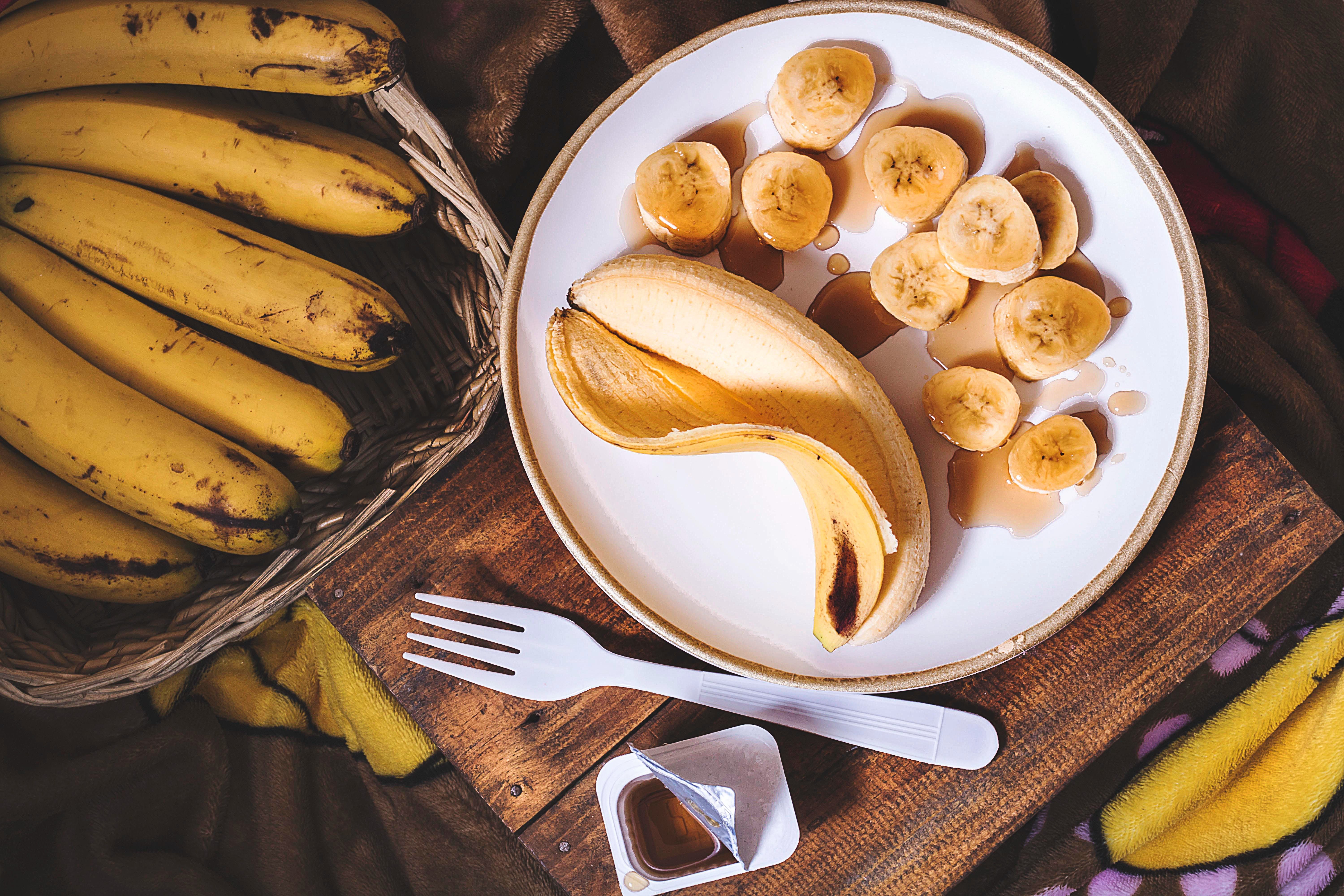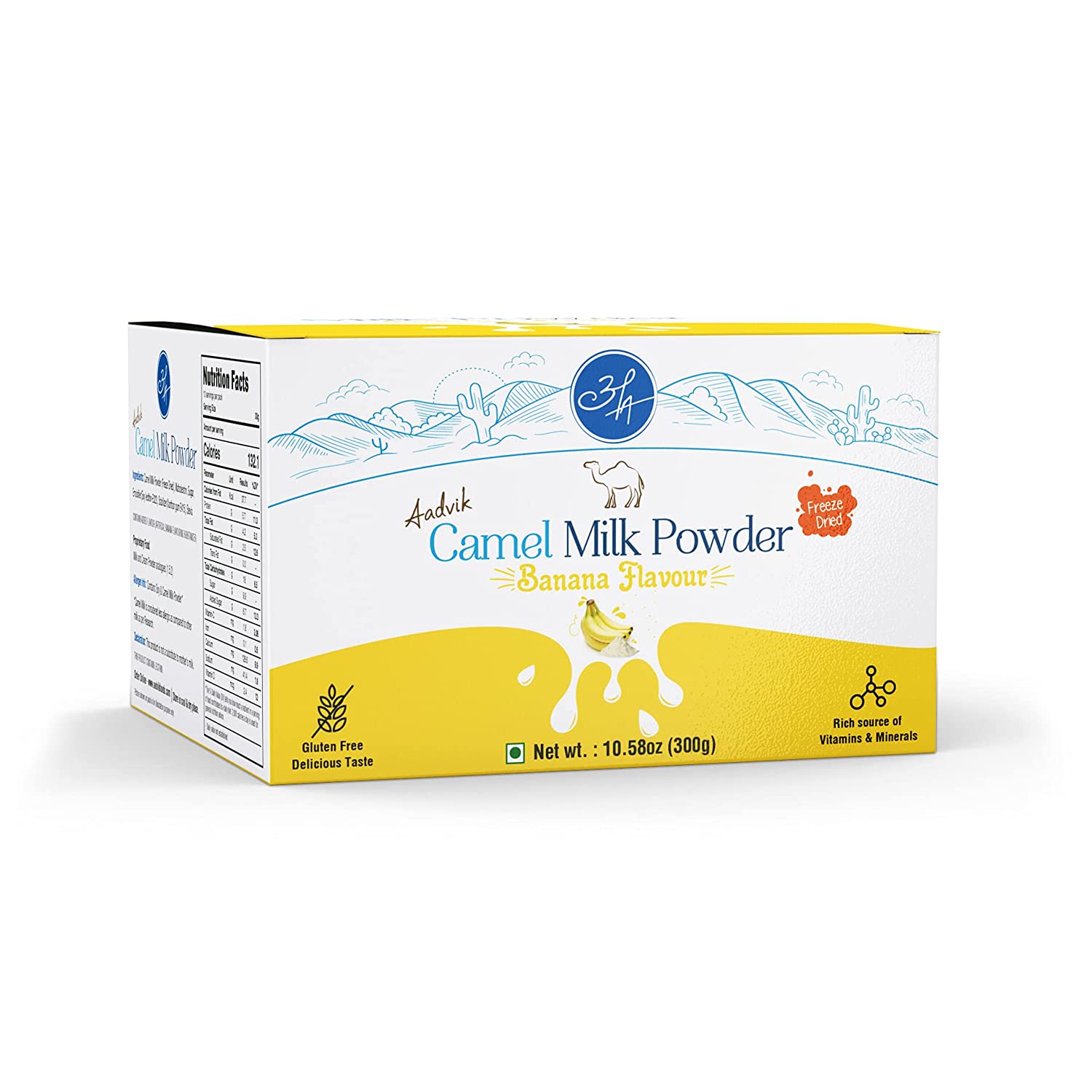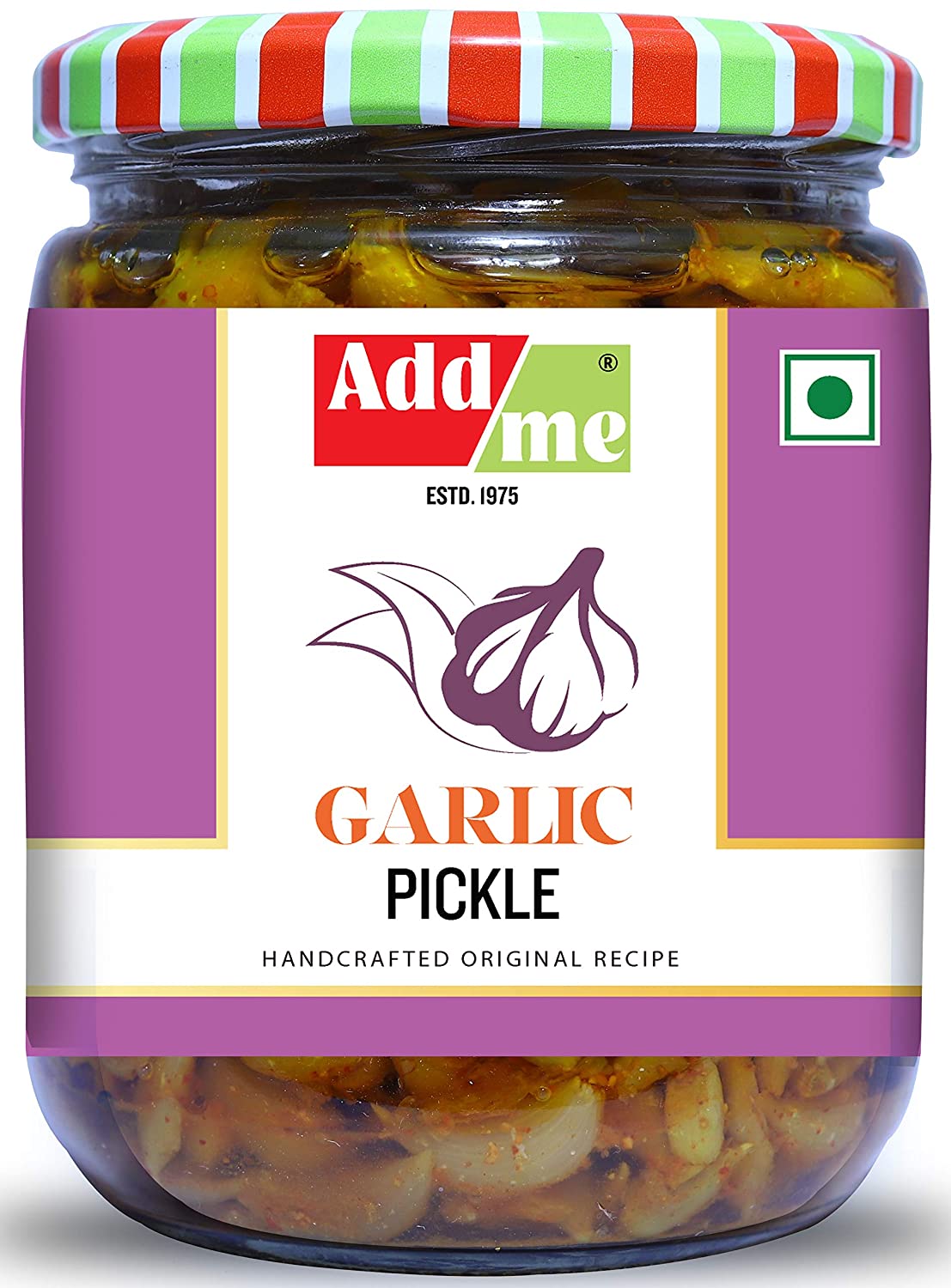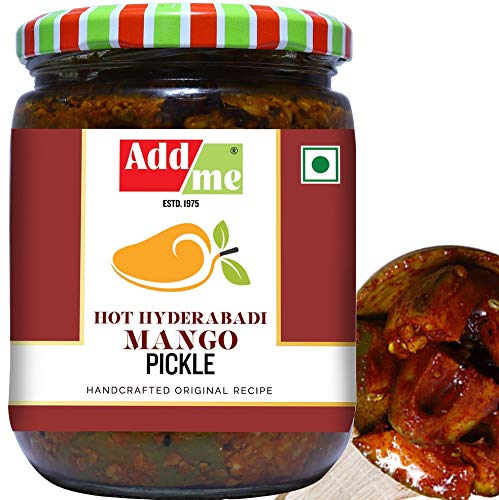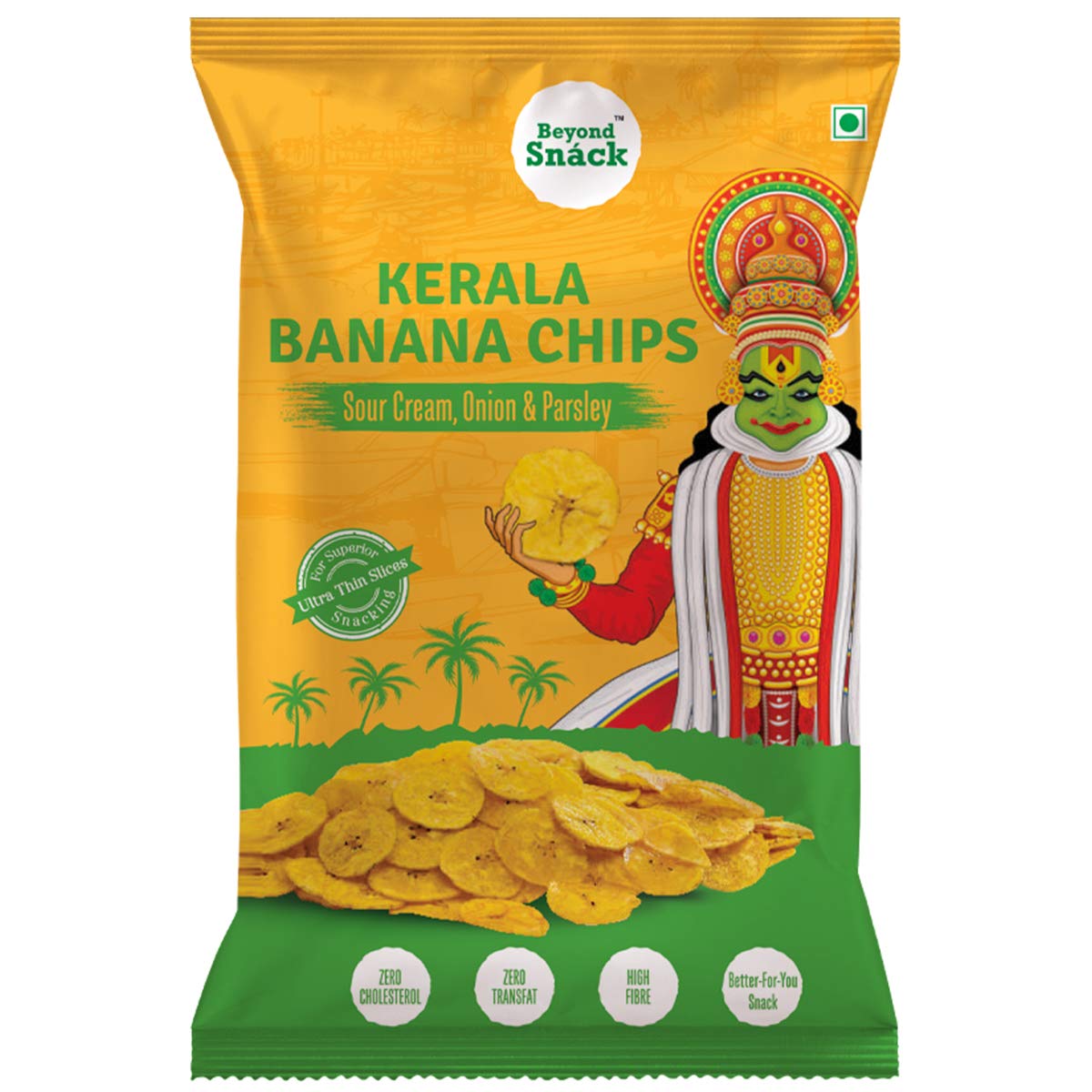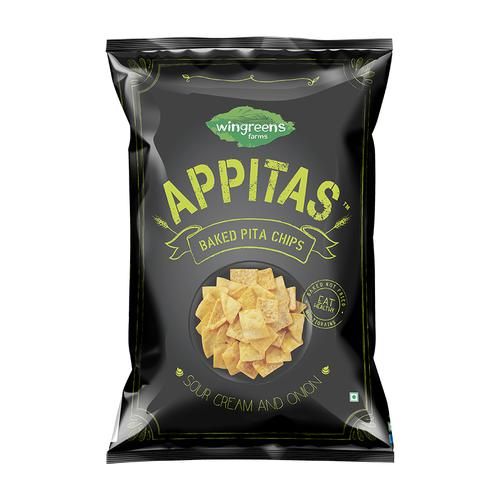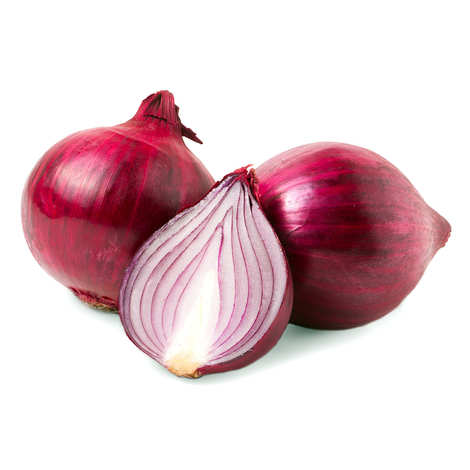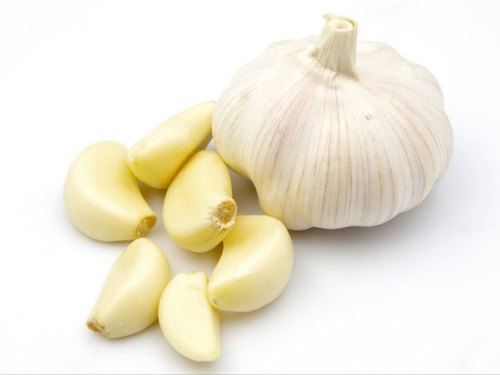Published Date January 24, 2003
5 best prebiotic foods
By Naurin Ansari
3 min read
Last update date: January 24, 2003

Prebiotics are a type of dietary fibre that feed the beneficial bacteria in our gut, promoting gut health and overall well-being. Consuming prebiotic foods on a regular basis can help support a healthy gut microbiome, which is linked to a range of health benefits including improved digestion, stronger immunity, and better mental health. In this article, we explore five of the best prebiotic foods to include in your diet.
- Garlic
Garlic is not only a delicious ingredient in many dishes, but it is also a great source of prebiotics. Garlic contains fructooligosaccharides (FOS), which are prebiotic fibres that feed the beneficial bacteria in our gut. FOS promotes the growth of Bifidobacteria and Lactobacilli, two types of bacteria that are associated with improved gut health. Garlic also contains other compounds such as allicin, which has been shown to have antibacterial and anti-inflammatory properties, making it a great addition to any gut enhancing diet.
- Onions
Onions are another prebiotic-rich food that can be easily incorporated into your diet. Like garlic, onions are high in FOS, as well as other prebiotic fibres such as inulin. Inulin is a type of fibre that is found in many plant-based foods and has been shown to promote the growth of beneficial bacteria in the gut. Onions are a versatile ingredient and can be used in many dishes, from soups and stews to salads and sandwiches.
- Chicory root
Chicory root is a lesser-known prebiotic food that is again rich in inulin. Inulin is a type of fibre that is not digested in the small intestine and instead passes to the large intestine, where it feeds the gut bacteria. Chicory root is often used as a coffee substitute which can be added to smoothies or used in baking. Chicory root is also a good source of antioxidants, which have been shown to have a range of health benefits.
- Jerusalem artichoke
Jerusalem artichokes are a root vegetable that are high in prebiotic fibres such as inulin and FOS. They are often used as a potato substitute and they can be cooked in a variety of ways, from roasting to sauteing. Jerusalem artichokes have a slightly sweet, nutty flavor and are a great source of vitamin C and potassium.
- Bananas
Bananas, a popular fruit, is also a great source of prebiotic fibre. Bananas contain resistant starch, which is a type of fibre that resists digestion in the small intestine and instead ferments in the large intestine, feeding the good bacteria in the gut. Ripe bananas are particularly high in resistant starch, making them an ideal prebiotic food. Bananas are also rich in potassium and vitamin C, making them a healthy addition to any diet.
Conclusion
In conclusion, prebiotic foods are an important part of a healthy diet and can help to promote gut health and overall well-being. Including foods such as garlic, onions, chicory root, Jerusalem artichokes, and bananas in your diet can help to support a healthy gut microbiome, which is essential for good health. By incorporating these prebiotic-rich foods into your meals, you can hope to have improved digestion, better immunity, and better mental health.
Keep reading
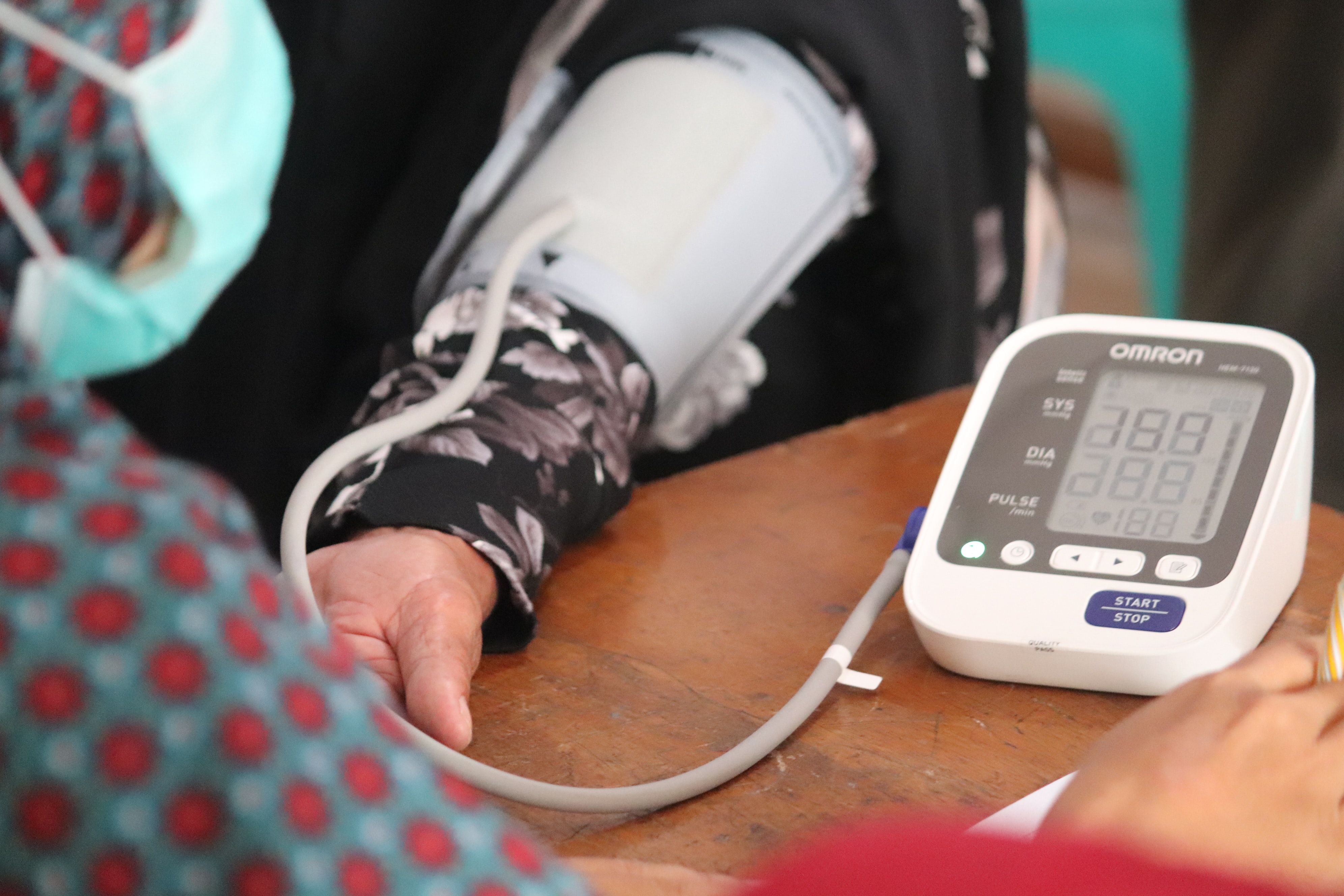
5 Foods that Increase Hypertension
Salt, fried foods, caffeine, etc. foods increase hypertension.
By Hetvi Shah
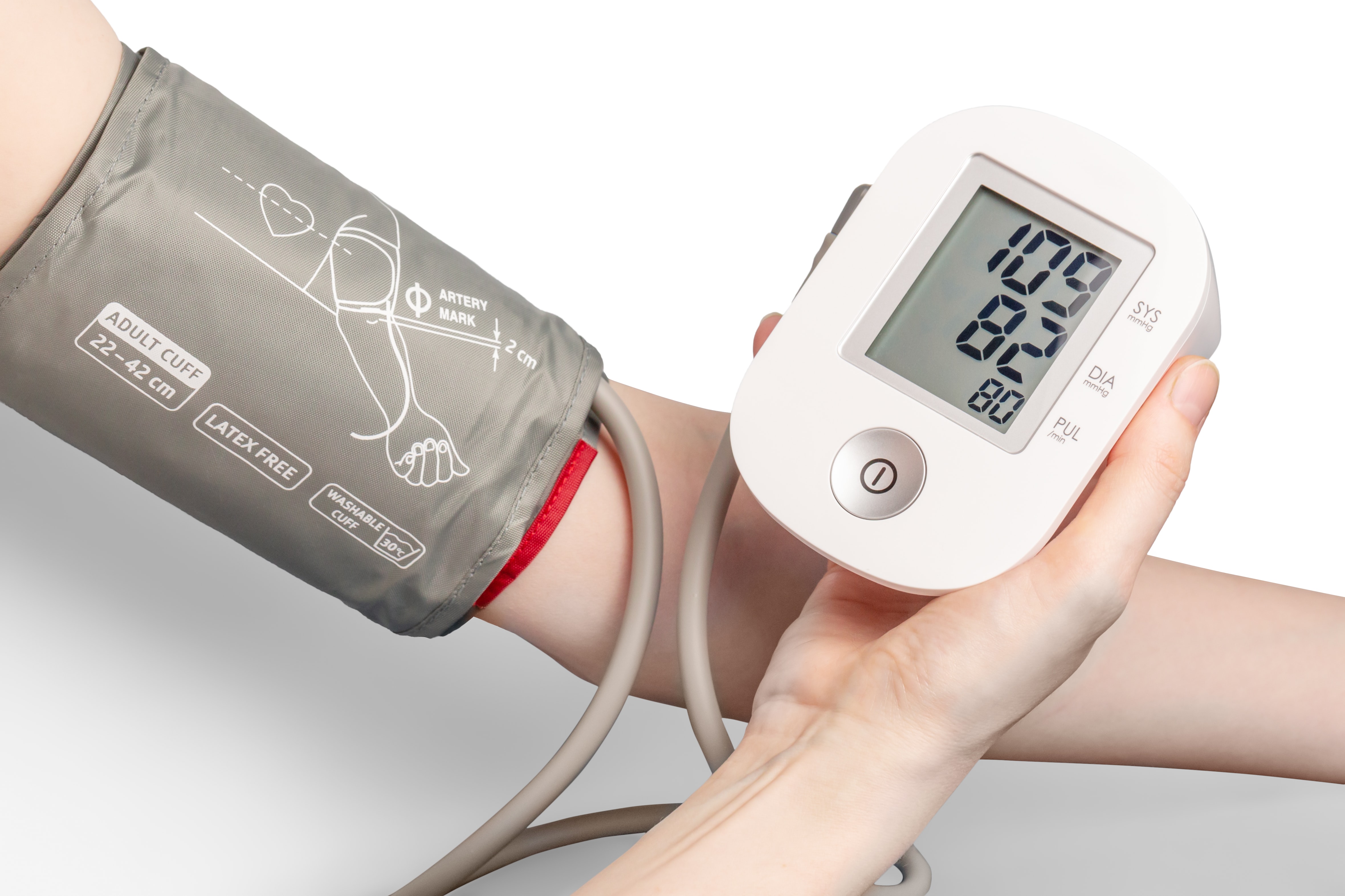
5 Foods that help reduce Hypertension
Berries, bananas, nuts, etc. are foods that help reduce hypertension.
By Hetvi Shah
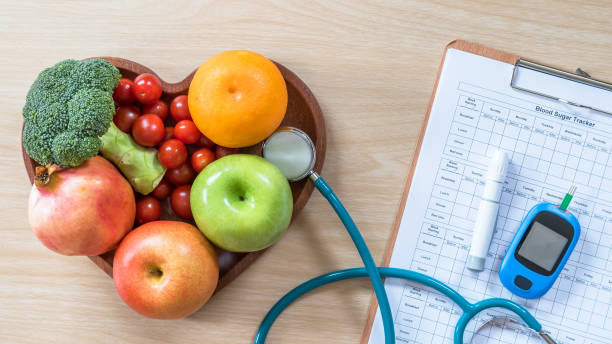
5 Foods that Diabetics Should Avoid!
Sugar-sweetened beverages, Fruit-flavoured yogurt, Sweetened breakfast cereal, honey, etc. are the foods that diabetics should avoid
By Naurin Ansari
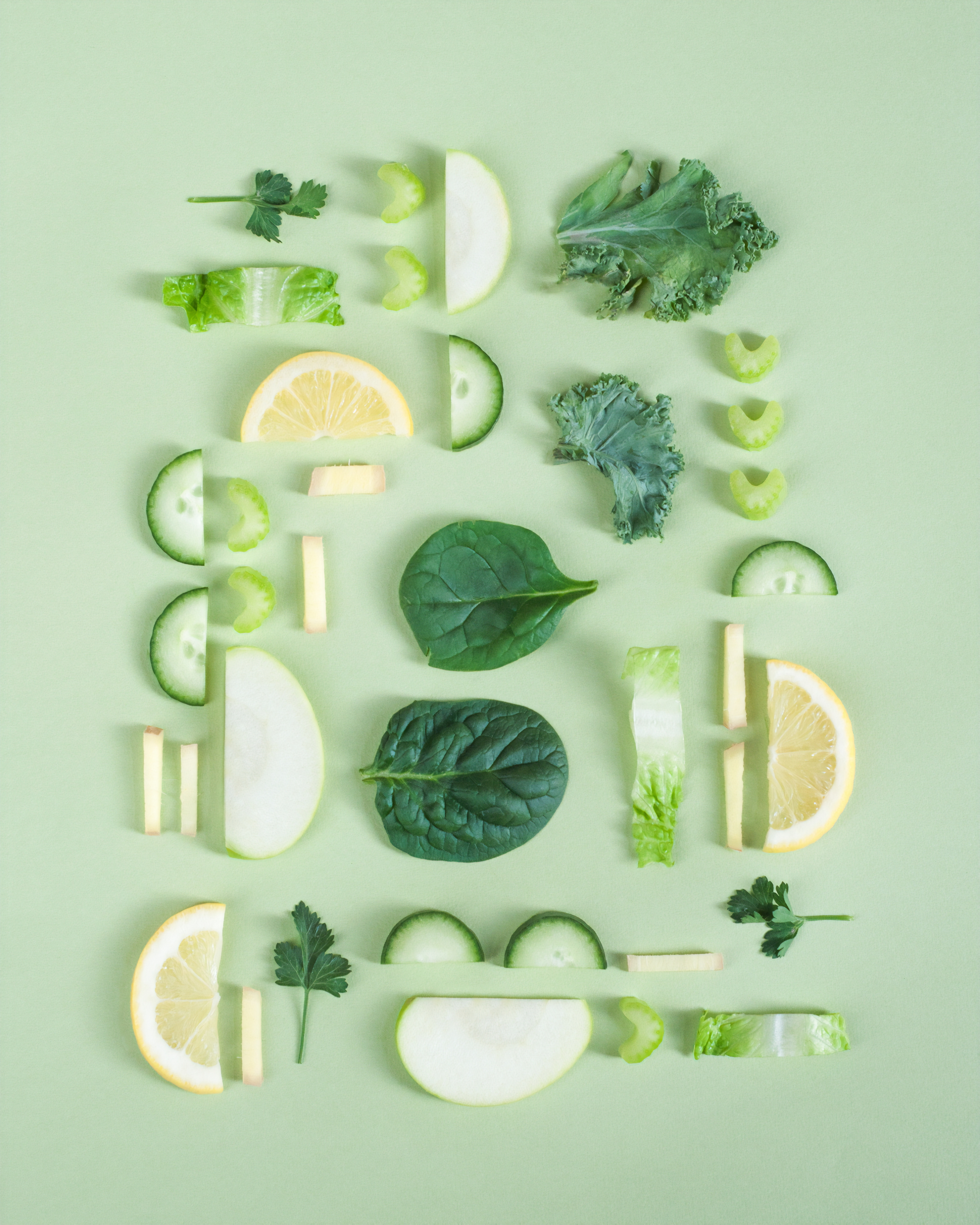
5 foods that diabetics should surely include in their diet.
Almonds, Green leafy, whole grains, chia seeds and turmeric are the 5 foods that diabetics should surely include in their diet
By Naurin Ansari
Related Items
Choose Healthy With Us.
Know the real truth about your food. Stay informed and healthy, for free.

Download the App Now
Certified nutritionists trust our food recommendations. Safe to say, so can you :)




